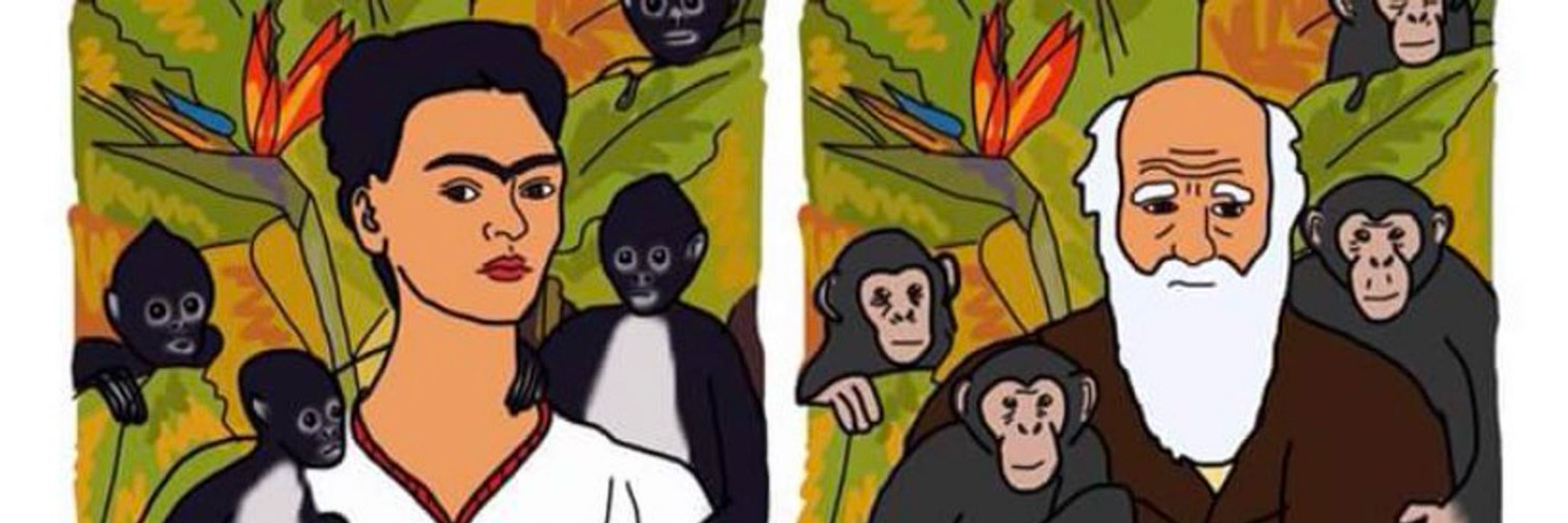
http://psycheddiego.mystrikingly.com/
Start date: Summer-Fall 2026
Review: until filled
Duration: 3-years
Materials: 1-2 page cover letter, CV, 2-3 reference contacts
Send materials to: dguevarabeltran@arizona.edu
Kinship and reciprocity are not the full story—research by @psycheddiego.bsky.social et al suggests shared fate (the other person’s outcomes influences one’s own) complements:
buff.ly/fRinBjR

Kinship and reciprocity are not the full story—research by @psycheddiego.bsky.social et al suggests shared fate (the other person’s outcomes influences one’s own) complements:
buff.ly/fRinBjR
A new tool for power analysis of longitudinal linear mixed-effects models (LMMs) – with support for missing data, plus non-inferiority and equivalence tests.
powerlmmjs.rpsychologist.com
Would really appreciate your feedback as I refine this app! Details below 🧵👇
A new tool for power analysis of longitudinal linear mixed-effects models (LMMs) – with support for missing data, plus non-inferiority and equivalence tests.
powerlmmjs.rpsychologist.com
Would really appreciate your feedback as I refine this app! Details below 🧵👇
If you’re attending the conference, like (1 entry) and repost (3 entries) this post to enter a drawing for 1 of 3 licenses to run your study on Inclivio for *free*.
inclivio.com
If you’re attending the conference, like (1 entry) and repost (3 entries) this post to enter a drawing for 1 of 3 licenses to run your study on Inclivio for *free*.
inclivio.com
Inclivio provides EMA researchers with tools that make data collection easier and more participant friendly.
Like (1 pt) and repost (3 pts) to enter a drawing for free access to Inclivio!
inclivio.com
Inclivio provides EMA researchers with tools that make data collection easier and more participant friendly.
Like (1 pt) and repost (3 pts) to enter a drawing for free access to Inclivio!
inclivio.com
🧵
Contrary to popular belief, evolutionary psychology hypotheses are testable and falsifiable.
psycnet.apa.org/fulltext/202...

🧵
We tracked large groups of Finnish competitive ice-fishers to study how social foragers use social information when searching for resources. 🐟
Link: www.science.org/doi/10.1126/... (contact me for open access)
We tracked large groups of Finnish competitive ice-fishers to study how social foragers use social information when searching for resources. 🐟
Link: www.science.org/doi/10.1126/... (contact me for open access)

Start date: Summer-Fall 2026
Review: until filled
Duration: 3-years
Materials: 1-2 page cover letter, CV, 2-3 reference contacts
Send materials to: dguevarabeltran@arizona.edu
Start date: Summer-Fall 2026
Review: until filled
Duration: 3-years
Materials: 1-2 page cover letter, CV, 2-3 reference contacts
Send materials to: dguevarabeltran@arizona.edu


📖 Read the full paper here ➡️ buff.ly/2k2dKwt

📖 Read the full paper here ➡️ buff.ly/2k2dKwt
compass.onlinelibrary.wiley.com/doi/pdf/10.1...

compass.onlinelibrary.wiley.com/doi/pdf/10.1...
Focus: interdisciplinary research on kinship, gendered labor, disability, and evolutionary medicine.
Priority review: Jan 3, 2026.
www.hbes.com/post-doctora...

Focus: interdisciplinary research on kinship, gendered labor, disability, and evolutionary medicine.
Priority review: Jan 3, 2026.
www.hbes.com/post-doctora...
onlinelibrary.wiley.com/doi/10.1002/...

onlinelibrary.wiley.com/doi/10.1002/...
💬 We discussed three research agendas in quite some depth: exploitation, identity & ingroup favoritism, and heroic behavior.
😊 Dave & David are wonderful hosts! After our conversation, I'm even more enthusiastic...
🫵 Can we inspire you too?
podcasts.apple.com/us/podcast/e...
www.podbean.com/eas/pb-kp5q7...
youtu.be/37Iz08SiGbo

💬 We discussed three research agendas in quite some depth: exploitation, identity & ingroup favoritism, and heroic behavior.
😊 Dave & David are wonderful hosts! After our conversation, I'm even more enthusiastic...
🫵 Can we inspire you too?

Este 10 de diciembre se realizará la Jornada de Investigación “Evolución Biocultural: Aplicaciones y desafíos en salud y comportamiento humano”
El evento es gratis pero con cupos limitados, inscríbase aquí 👇
forms.office.com/Pages/Respon...

Deadline: Dec 17, 2025.
More info: apply.interfolio.com/177756
Deadline: Dec 17, 2025.
More info: apply.interfolio.com/177756



This just in!! Preconference submissions will remain OPEN until Monday (10/27) at 8 am ET!!! Don’t let this opportunity pass you by! @ahrako.bsky.social @spspnews.bsky.social #EPatSPSP2026
We are accepting data blitz & poster submissions!
We (@ahrako.bsky.social &me) are so excited to see y’all in Chicago!
Https://ep2026.mystrikingly.com
#EPatSPSP2026 #SPSP2026
This just in!! Preconference submissions will remain OPEN until Monday (10/27) at 8 am ET!!! Don’t let this opportunity pass you by! @ahrako.bsky.social @spspnews.bsky.social #EPatSPSP2026



